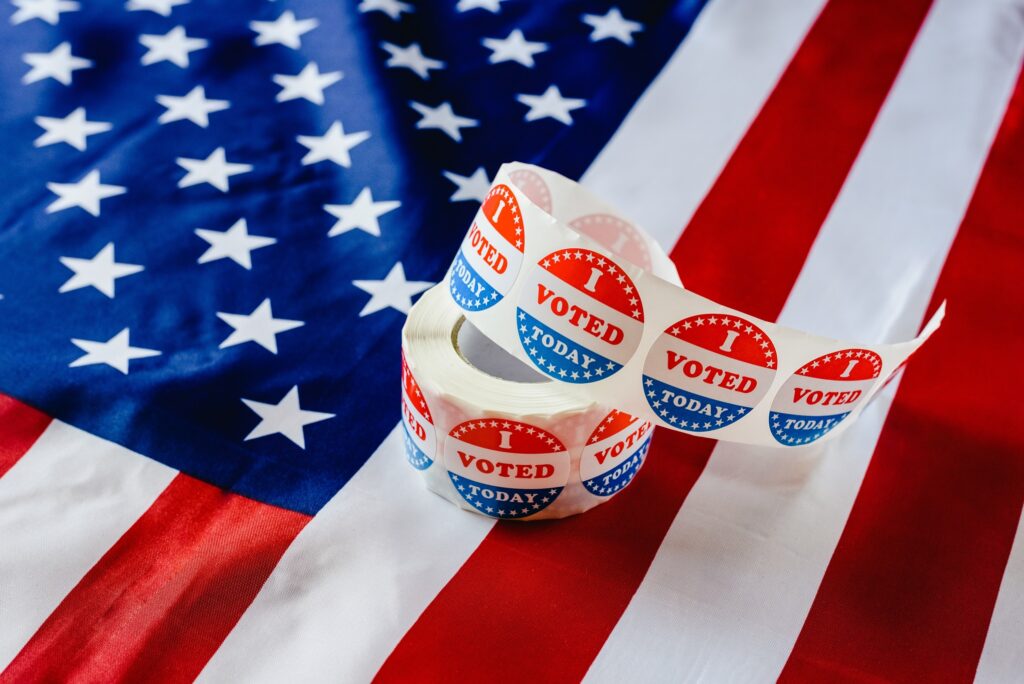Insurance Companies – Heels or Heroes?
The insurance industry is far from the economy’s most-admired sector. A Forbes survey found insurance ranking low in popularity in the public eye. Three main reasons are responsible for insurers’ relatively poor rating. First is the intangible nature of the insurance product. Unlike a car one can drive home from the dealership, or a chocolate bar whose taste can be savored, purchase of an insurance policy does not lead to immediate physical gratification. To be sure, if there is no loss, one may never get a flavor of its value. Second, insurance is associated with life’s tragedies, its most physically, emotionally and financially distressing experiences—a home damaged by a storm, a car totaled, being sued, a death or dread disease, or a crippling workplace accident. Insurance payments can take away the sting with financial recovery, but loss remains painful, especially if one discovers the loss is not 100 percent covered. And third, the insurance industry has become an easy target for critics who regularly vilify it.
The insurance industry’s reputation is regularly assaulted by “watchdog” organizations spawned by the “Nader’s Raiders” movement. Groups including the Consumer Federation of America, the Center for Justice & Democracy, the American Association for Justice and other self-styled consumer crusaders regularly accuse the insurance industry of being greedy, collusive, cash-rich and defrauding. In the wake of hurricane Ida even President Joe Biden hopped on the anti-insurance bandwagon, calling on insurance companies to “do your job.”
Well-intentioned criticisms notwithstanding, we believe the insurance industry is the best-kept secret in the financial services world. Compared to hedge fund masters of the universe with a “heads I win, tails I win” two-and-twenty arrangement, or investment banks and non-bank institutions whose excesses brought us the global financial crisis of 2008, the regulated insurance industry has been refreshingly stable and boring.
Why do we maintain that insurance, R Street’s inaugural research program, is fundamentally exciting? Three reasons.
First, insurance is the economy’s financial first responder. When the wind blows, the earth shakes and large-class action lawsuits are decided in plaintiffs’ favor, the insurance industry pays. In every year from 2017 to 2020, U.S. property and casualty insurers paid out between $330 billion and $363 billion in losses. When natural catastrophes level homes and factory explosions incinerate businesses, the news media broadcast the flames, the smoke and the sobs of the impacted, but the reporters do not return weeks later to show delivery of claims checks or recoverables from global reinsurers, the insurance industry’s shock absorber, that keep insurers from insolvency after major loss events. Cash-rich and greedy? In 2020, the industry had a return on average equity of 6.77 percent, well below the long-term return of the Standard & Poor’s 500 Index of 10.5 percent. On top of slim margins, the insurance industry is fundamentally risky—to be sure, in the past few months three Louisiana insurers were rendered insolvent by hurricane Ida losses.
Second, insurers are significant investors in the capital markets. They provide much of the financial muscle to power the economy. Property-casualty insurers hold $1.1 trillion in bonds, and life and health insurers hold another $3.6 trillion. Collectively, insurers hold $4.7 trillion in bonds, 10 percent of the U.S. bond market of $47 trillion. These long-horizon debt investments in municipal bonds finance the building of schools, bridges and towns. Corporate bond holdings supply the capital companies need to expand, hire, conduct research and development, and to engage in mergers and acquisitions. To a large extent, the U.S. economy is supported by the assets in the insurance industry’s balance sheet.
Third, insurance is the grease in the engine of the economy. Without clinical trials insurance, pharmaceutical companies would not take the risk of developing vaccines. Without ocean marine or inland marine insurance, ships would not sail and trucks would not take the risk to carry loads. Airplanes would not fly, people would be afraid to drive, and inventors would not create new products for fear of lawsuits. A world without insurance is a reversion to an underdeveloped economy. A World Bank study demonstrates that countries with a developed industry benefit from insurers’ role in encouraging investment, innovation and competition. A country’s insurance industry is positively correlated with advanced economic development.
The property and casualty insurance industry’s bad rap derives mainly from failure to understand insurers’ critical role as financial first responders, long-term investors in the economy, and economy-boosting risk takers. Although the industry is highly competitive, with close to 6,000 active players, there are inefficiencies. These include government intervention and subsidies in flood and crop insurance that send inappropriate price signals and result in a hidden tax borne by all consumers. R Street will continue to analyze the industry and engage with broad coalitions to seek improvements to help make an oft-misunderstood industry more recognized as a boon, not a bane.






